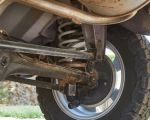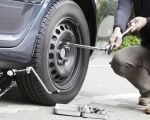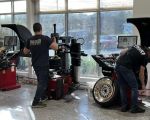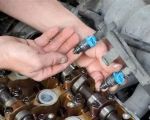- 1-understanding-the-car-radiator-hose
- 2-signs-your-radiator-hose-needs-replacement
- 3-tools-and-materials-needed-for-replacement
- 4-step-by-step-how-to-replace-car-radiator-hose
- 5-common-mistakes-to-avoid-when-replacing-the-hose
- 6-benefits-of-regular-radiator-hose-maintenance
- 7-where-to-get-help-and-products-rescue-towing
1. Understanding the Car Radiator Hose
The car radiator hose is a crucial component of your vehicle’s cooling system, responsible for transporting coolant between the engine and radiator. It helps maintain optimal engine temperature and prevents overheating. Typically made from durable rubber, radiator hoses endure high temperatures and pressure but can deteriorate over time.
Knowing the function and location of these hoses helps in diagnosing problems and performing timely replacements.
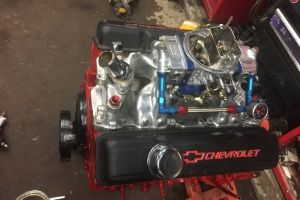
J&J Auto Repair
2879 Lockbourne Rd, Columbus, OH 43207, USA
2. Signs Your Radiator Hose Needs Replacement
Identifying early signs of wear can save you from costly repairs. Common symptoms include:
- Visible cracks, brittleness, or leaks on the hose surface
- Coolant puddles under your car
- Engine overheating or fluctuating temperature gauge
- Soft or swollen sections on the hose
- Steam or unusual smells coming from the engine area
Ignoring these signs may lead to hose failure and severe engine damage.
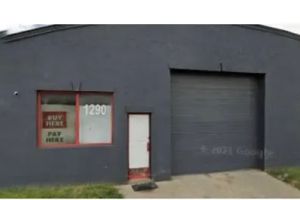
Lopez Auto Repair
1290 W Mound St, Columbus, OH 43223, USA
3. Tools and Materials Needed for Replacement
Before starting the replacement, gather these essential tools and materials:
- New radiator hose compatible with your vehicle model
- Screwdrivers or pliers to remove hose clamps
- Drain pan to catch coolant
- Coolant for refilling after replacement
- Gloves and safety glasses for protection
- Rags for cleaning spills
Having everything prepared ensures a smoother and safer repair process.
4. Step-by-Step How to Replace Car Radiator Hose
Follow these detailed steps to replace your car radiator hose safely and effectively:
Step 1: Safety First
Ensure the engine is cool before starting. Hot coolant can cause burns.
Step 2: Drain the Coolant
Place the drain pan under the radiator drain valve and open it to release coolant. Dispose of used coolant properly.
Step 3: Remove the Old Hose
Loosen the hose clamps using a screwdriver or pliers and carefully detach the hose from the radiator and engine fittings.
Step 4: Clean the Connection Points
Use a rag to clean any debris or corrosion from the hose fittings to ensure a secure new hose installation.
Step 5: Install the New Hose
Fit the new hose onto the fittings, making sure it is seated fully, then tighten the hose clamps securely.
Step 6: Refill the Coolant
Close the drain valve and refill the cooling system with the recommended coolant type and quantity.
Step 7: Test for Leaks
Start the engine and allow it to reach operating temperature. Check for leaks around the new hose and monitor the temperature gauge.
5. Common Mistakes to Avoid When Replacing the Hose
Some pitfalls can jeopardize your repair:
- Not allowing the engine to cool before starting
- Using the wrong type or size of hose
- Failing to properly tighten hose clamps
- Neglecting to check for leaks after installation
- Improper disposal of old coolant harming the environment
Being mindful of these helps ensure a successful and safe replacement.
6. Benefits of Regular Radiator Hose Maintenance
Routine inspection and maintenance extend the lifespan of your radiator hoses, improve engine performance, and prevent sudden breakdowns. Regular checks can detect wear early, allowing cost-effective replacements before major failures.
Maintaining a healthy cooling system reduces overheating risks, saving you time and money in the long run.
7. Where to Get Help and Products – Rescue & Towing
If you prefer professional assistance or need quality radiator hoses and tools, Rescue & Towing offers trusted products and expert support. Whether roadside help or comprehensive repair guidance, they provide reliable solutions for your vehicle’s cooling system needs.
Visit Rescue & Towing to explore services and products tailored to keep your car running smoothly.













